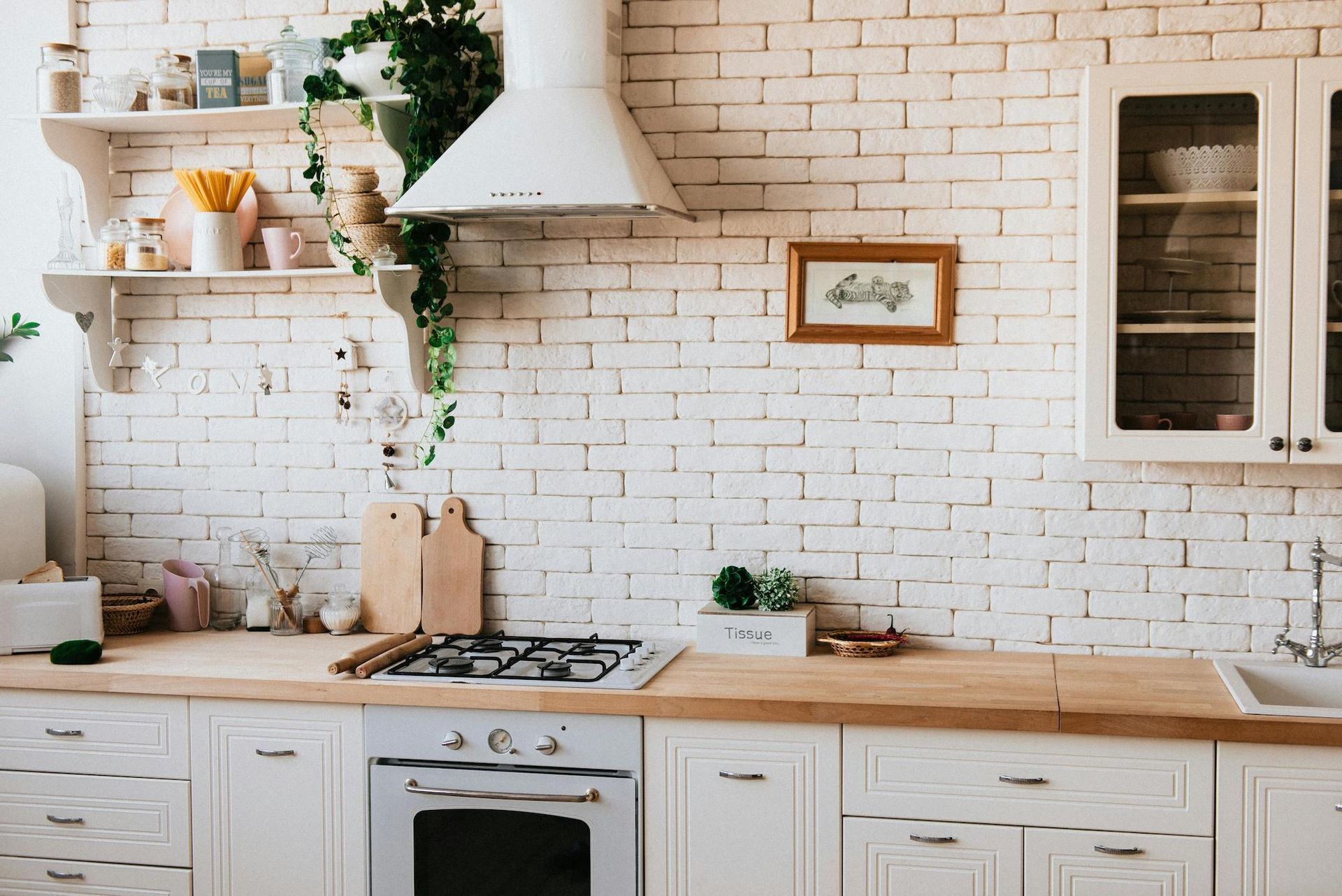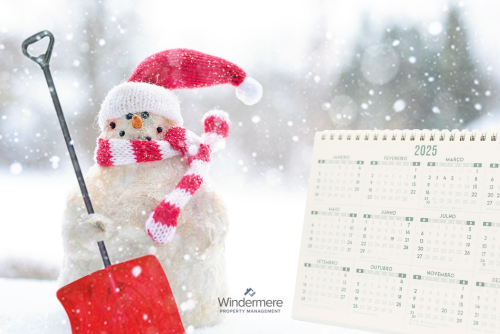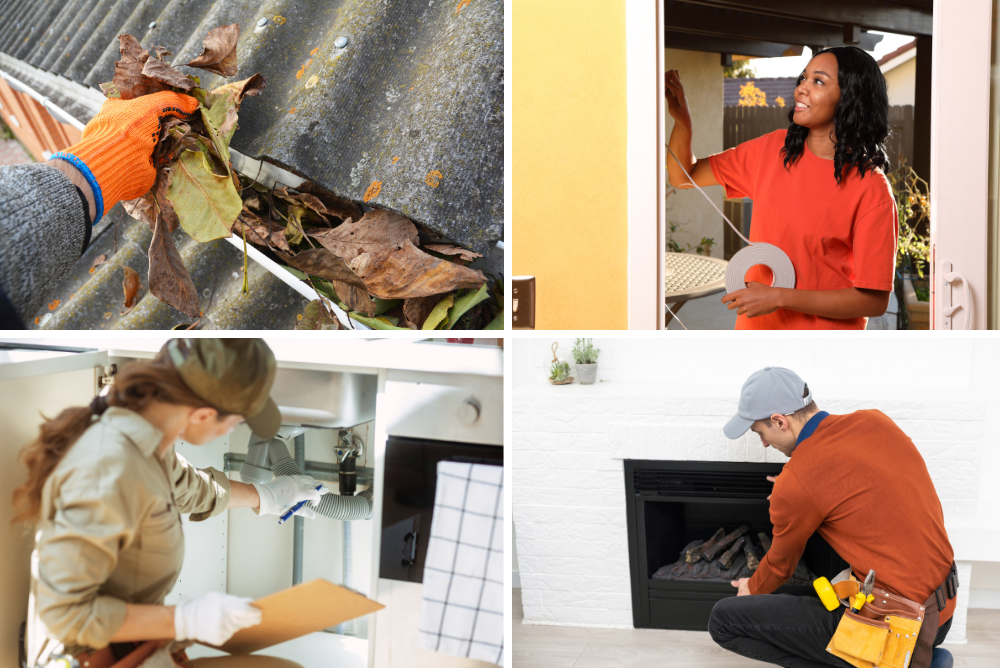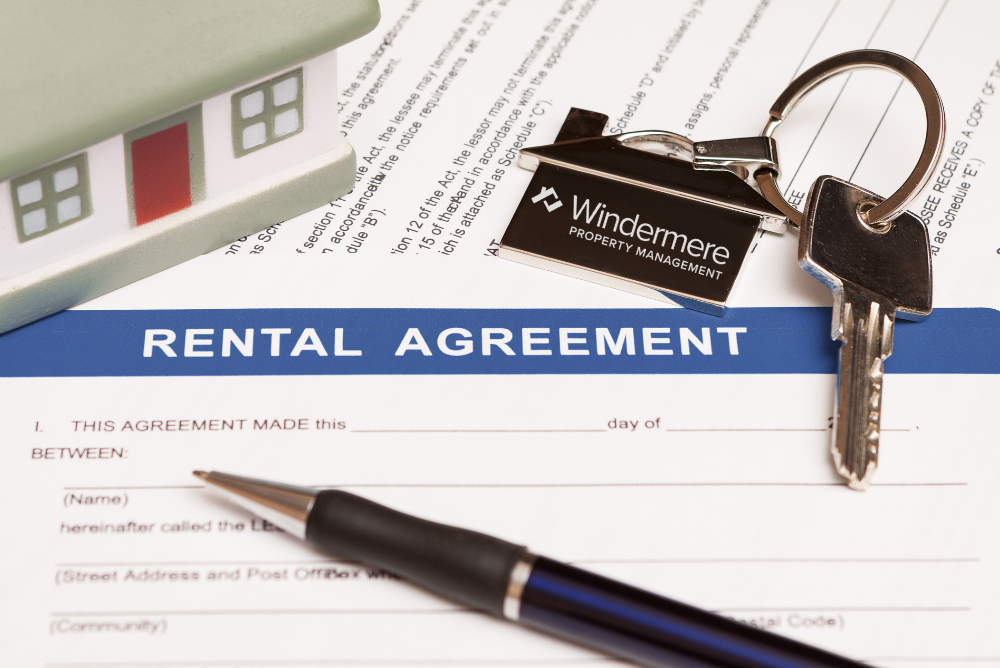Declutter Your Home with These Products & Tips
February 20, 2024

With spring around the corner, it's the perfect time of year to declutter your home. If tackling piles of clutter seems overwhelming, we're here to help. The products and tips below can streamline the process and get your home in better working order.
4 Tips for Decluttering & Getting Organized
- Start Small: If you're short on time with many piles or areas to cover in your home, begin with one room and only focus on that room. If that still seems like too much, pick a box or a drawer to sort through, creating piles of what to keep, donate, and recycle/throw away. Or, grab a bin and pick a room. Then, simply put things to donate in that bin. When it's full, you've achieved your goal. Next, schedule out the other decluttering tasks on your list so that you can chip away at it little by little over time. This will help you set small yet achievable goals. We often dive in head-first and then get so exhausted by a full day of decluttering, cleaning, and organizing, that we burn out. The rest is left for "some day" and months (or years) go by before we ever get back to it.
- Create a New Routine: Our homes often get cluttered when we don't have a system in place to deal with it on a regular basis. Create a new routine to build decluttering into your daily or weekly life. For example, pick a weekday or weeknight and a time that you can stick to where you spend 15 minutes dealing with stacks of mail, your kids' toys, projects, etc. Maybe Wednesday nights at 8:00 PM seem doable. If so, simply setting a timer and work on that one task for 15 minutes every week. If it's something you dread but know you should do, reward yourself after you accomplish that task by watching a show, calling a friend, or doing something you love to do. Pretty soon you'll be so used to doing that every week. It will seem as natural as brushing your teeth before bed. If you have a child or a partner, bonus points for getting them involved in decluttering or cleaning.
- Be Honest About Actual Usage: Sometimes the clutter piles up because we don't want to face having to throw away, recycle, or donate anything. It's easier if it's all "somewhere around the house" – that is, of course, until the day you get overwhelmed by all the clutter. When you're finally ready to dig in and get organized, it's important to be honest with yourself. How long has it been since you used that item? Are you really going to use it again in the next six months? Have you used in the last six months or year?Is it really worth keeping if it's going to collect dust? These are especially important questions to ask when it comes to clothes. Some reports suggest we only wear about 20 - 25% of the clothes we own. If that's true for you, consider what you could donate to declutter your closet, providing clothes that someone else could actually use. Many of us have mementos that we treasure and we're not saying you should throw everything out, but we're willing to bet you have some items that are at the point where they're just taking up space.
- Treat Storage Space Like Functional Displays: Whether you have tons of shelves, cabinets, and drawers in your home or very few, we suggest treating every storage space like a display – a high functioning display. We're not saying it needs to look pretty, but it should be well organized and nice enough to look at. The big goal may seem like it is to properly organize your pantry, garage shelves, or kitchen cabinets. But the ultimate goal is to keep that storage space organized. If you think of it like a functional display that you want to look good, you'll care more about whether you shove things in at random or take that extra minute to put things in the right place. Labels, dividers, and color coding can also help keep things tidy. If that's over the top for you or not realistic given your grabby family members, simply pick one storage space that you want to keep as organized as possible for the next few weeks. The weeks will hopefully turn into months, thus creating a new habit or routine, as we mentioned above.
Products to Help You Declutter
Here are some ideas for products that will help you declutter your home and get more organized:
- Storage cubes or baskets to organize toys, craft projects, and tools
- Shelving units for your garage to maximize vertical space
- Multi-functional furniture pieces with built-in storage like this storage bench or this kid's bed with built-in bookcases
- Closet organizers like this and decluttering solutions for kids' rooms
- Wall hooks and racks so items stay off of counters, desks, and tables – check out this versatile mail holder as a place to start
- Tiered organizers like this for better visibility
- Tech cord organizers like this and a cable zipper to tidy up your electronics
- Clear storage solutions to make things easy to find like this makeup storage unit, these containers for your bathroom, and this underbed storage drawer
Share this post
You May Also Like to Read

Renting out your home often comes with a mix of emotions and expectations. Managing your expectations as the owner and those of your tenants is a crucial part of the rental process. Here are some tips to help you achieve successful outcomes. Understanding the Rental Market Before renting out your home, do your research. Look at your local rental market. Are there a lot of homes for rent in your city? What about in your neighborhood? Do they sit unoccupied or are they rented out quickly? What is the average rental price for a home that is similar to yours? It’s important to set competitive rental prices while understanding supply and demand. If you work with a reputable property management company that has local expertise, they will know the market well and will properly price your rental. Preparing Your Home for Rent Ensure your home is rent-ready by prioritizing safety. As a landlord, you will be required to keep the premises fit for human habitation . This Washington state law encompasses many safety standards and home repair projects. For example, landlords must make sure that carbon monoxide and smoke detectors are in working order, as well as major electrical and plumbing fixtures and appliances. Now is the time to make any necessary repairs and deep clean your property. Whether you are renting your home furnished or unfurnished, everything should be in good condition. Check out our article for tips on preparing your property for rent . Additionally, you may want to consider some budget-friendly upgrades to enhance your home before you rent it out. It can increase the value of your home and attract more attention. Setting Realistic Financial Expectations While an investment property can be financially beneficial, we highly recommend calculating potential rental income and expenses. It’s important to understand the costs of property management and maintenance. Also, you’ll want to prepare for potential vacancies and financial fluctuations. Consider the legal side of rental properties as well. Every landlord should be familiar with local, state, and federal fair housing laws . For instance, Washington has specific laws about how security deposits are assessed, held, and returned to tenants. Increasing the rent or terminating a lease requires adherence to specific guidelines. Therefore, you’ll want to take time to do your research and consider these legal factors when pricing your home for rent . If the legal side of property management or the time required to effectively manage a rental seems overwhelming, you may want to utilize a property management company. While this does come at a cost, it can be beneficial , saving you time and money by offering professional marketing, preventative maintenance, built-in tenant screening, and property managers who are well-versed in landlord-tenant laws. Check out our local experts here at Windermere Property Management . Communication and Relationship Management After screening potential tenants, conducting credit checks, and calling references, it is essential to foster positive landlord-tenant relationships with your new renters. This begins with clear, open communication. Setting expectations with tenants from the start paves the way for transparency and builds trust. Renting out your home requires both project management and relationship management. This means that you are ready to handle sudden, needed repairs, answer contract questions, and deal with unexpected issues in a prompt and professional manner. Long-Term Planning It’s wise to set long-term goals for your rental property from the start. Renting out your home for a couple of years while you’re living elsewhere comes with one set of expectations and requirements, while renting it out as passive income for the next 10+ years is very different. Additionally, if you plan to sell it within the next few years, you will also have certain objectives to meet regarding upkeep and preserving or increasing its market value. Your local rental market may also change, so creating a plan that is both proactive and flexible is the key. If you have any questions, our property managers are here to assist you.










